Paradise, a Holocaust drama from Russian filmmaker Andrey Konchalovsky, is surprisingly mannered considering the film’s potential. The movie murmurs its story while over-rehearsed interviews with individual characters interject break up the pacing with intimate perspectives.
The film uses side-stories to skate across different timelines – it’s an interesting strategy that leaves the audience wanting more original results. There is one rousing story in Paradise though. It’s centred around Olga (Yuliya Vysotskaya). After getting wrapped up in a controversial relationship on terms of a negotation, she is taken to a concentration camp where she experiences unforgettable travesties. Paradise may be difficult for the audience to watch because of this imagery, but Konchalovsky’s commitment to visualize the camp’s stark dreariness and its prisoners’ desperation is highly effective. Especially since the filmmaker has perfectly matched his vision with Aleksandr Simonov’s crisp black-and-white 16mm and 35mm cinematography – each frame looks like an authentic photograph from the 1940s.
Otherwise, Paradise is static. Other than Yuliya Vysotskaya’s opus, there’s not much else about it that I found engaging. As a shorter work, Paradise could’ve passed as a flawed experimental period piece, but dragging it out only makes the audience see just how thin Andrey Konchalovsky is spreading his film.
**********
Do You Tweet? Follow These Tweeple:
Addison Wylie: @AddisonWylie
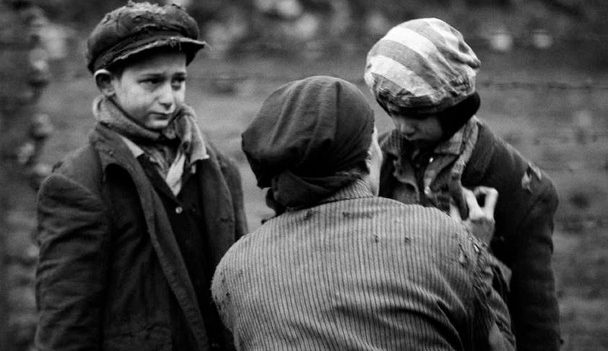
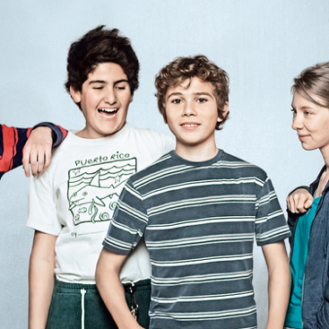
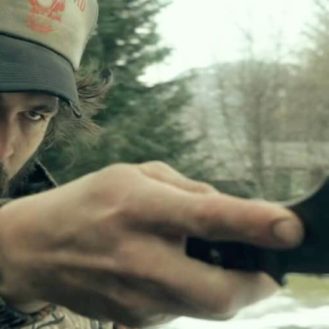
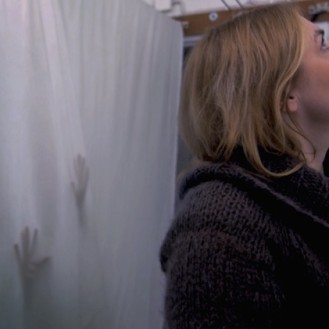
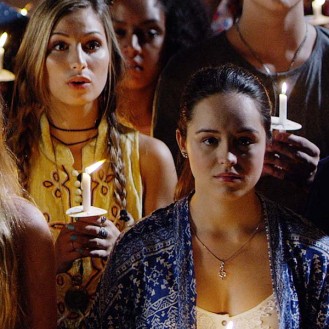
Be the first to comment